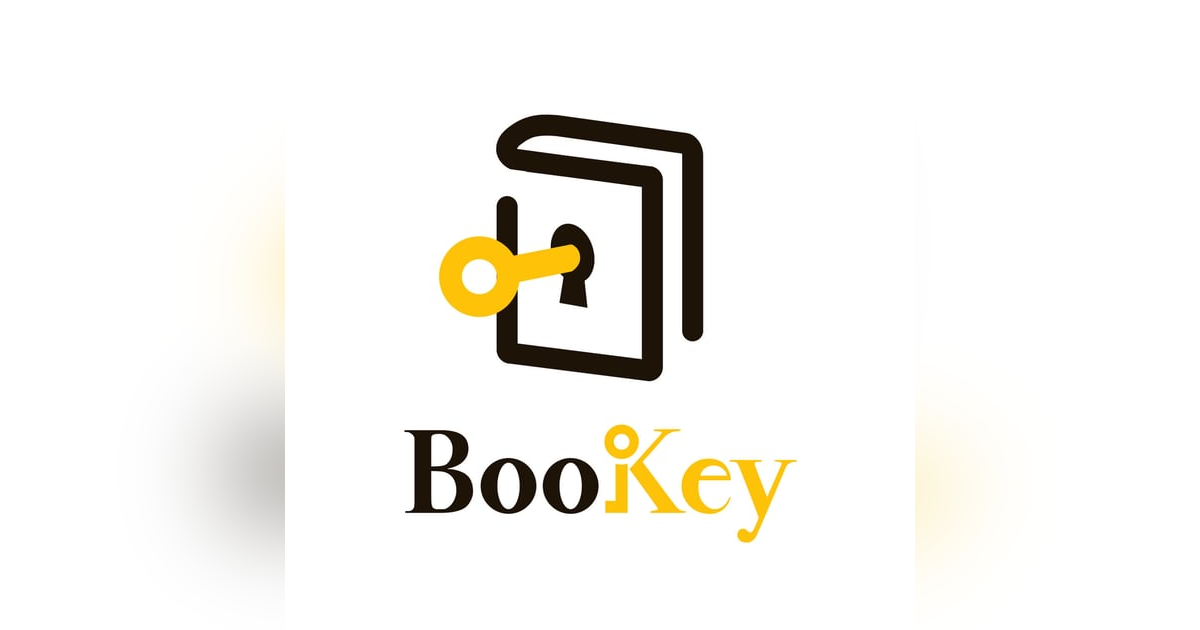The Power Of HabitThe Power Of Habit Full Book Introduction Do you think that your daily routine is the product of well-considered decision-making? In reality, it's anything but that. We are primarily driven by our habits, which, once formed, are there to stay. However, once we understand the way habits function, it becomes easier for us to control them. The Power of Habit is an in-depth analysis of habits. It shows how developing new habits can transform our lives beyond recognition. Author : Charles DuhiggCharles Duhigg is a former New York Times reporter who currently writes for The New Yorker magazine. He studied history at Yale University and received an MBA from Harvard Business School. He is an author of many bestsellers, including The Power of Habit and Smarter Faster Better, and a recipient of the Pulitzer Prize, the United States National Academies Communication Award, the National Journalism Award, the George Polk Award, the Gerald Loeb Award, and other accolades. He has also contributed to American Life, The Dr. Oz Show, and other periodicals throughout his career. Overview | Chapter 1Hi, welcome to Bookey. Today, we'll unlock the book The Power of Habit: Why We Do What We Do in Life and Business. What do you do first thing in the morning? Brush your teeth, wash your face, take a shower, or eat your breakfast? Do you tie your left or right shoe first? Which route do you take to work? When you arrive at the office, do you first check your email or make small talk with your colleagues? Do you eat a healthy salad or a hearty steak for lunch? After you get home in the evening, do you exercise or make your dinner first? You may think that all of these choices are the result of deliberate thinking, but they are not. Most of those actions are the byproduct of your habitual patterns. According to research published by Duke University in 2006, 40% of peoples' daily activities are born from habits, not decisions made after careful consideration. Habits play an essential role in our lives. Over time, they profoundly impact our health, productivity, financial security, and happiness. As a result, we all want to develop good habits or break bad ones. Nevertheless, most of us fail to do so and easily revert to our regular patterns. However, once we understand the science behind habit formation, we can break habits into segments and restructure them to develop good ones that fit our needs and support healthier eating patterns and higher productivity.

Sign up to get updates from us
By signing up, you agree to receive email from this podcast.

